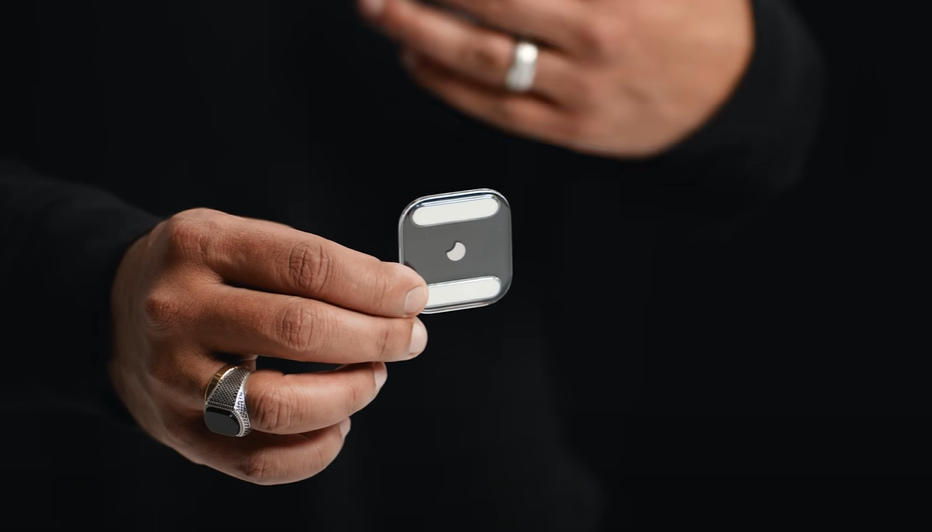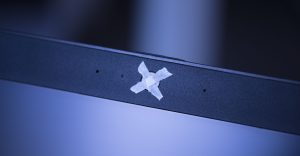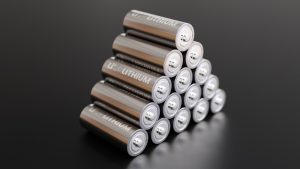The gadget was supposed to free us from our phones, but reviews are not impressed.
Others are reading now
A new—and so far—highly hyped product has landed in the US. Called the AiPin, it is purportedly designed to help us detach from our smartphones.
The excitement surrounding the AiPin’s debut has been swiftly dampened by less-than-favorable reviews from users and critics alike.
“After many days of testing, the only thing I can rely on about the AiPin is that it can tell me the time,” observed a writer from The Verge.
Renowned YouTube tech reviewer Marques Brownlee was blunt in his assessment: “This is the worst product I have ever reviewed.”
Also read
Similarly, Engadget dismissed the device as “the solution to no one’s tech problems.”
The AiPin, developed by tech startup Humane and created by former Apple employees, was promised to revolutionize how we interact with technology. But, when it comes to efficiency and reliability, the AiPin struggles to outpace the traditional smartphone.
How AiPin Works
-
AiPin is a type of pin that can be attached to a jacket or shirt.
-
It performs all the classic functions you’d expect from a smartphone – making calls, sending messages, and taking photos.
-
It does not have a physical screen. If you need a screen, you can extend your hand, and an interface will be projected onto it, allowing you to, for example, adjust the volume on Spotify by making gestures in the air.
-
You can also speak to it – just as you would with Siri or Google Home – to make a call, for instance.
-
Additionally, it can interact with real-life situations. If you are sitting in a meeting, you can ask it to summarize the discussion, or it can translate directly from another language while someone is speaking.
A Litany of Issues
The AiPin, while innovative in concept with its wearable technology that doesn’t rely on a physical screen and projects interfaces onto the user’s hand, faces numerous practical issues. Users report that the device overheats, has inadequate battery life, and offers poor visibility in sunlight. It also suffers from delayed responses, sometimes taking up to ten seconds to react to commands.
Marcel Mirzaei-Fard, tech analyst and podcast host for DR, expressed his dissatisfaction, “Is there anything where I’d rather use this device than my phone? The reviews say there isn’t. In all cases, it’s faster and easier to use one’s phone. And so it has not lived up to its purpose.”
Some Redeeming Qualities
Despite its many shortcomings, not all feedback has been negative.
DR’s tech correspondent, Henrik Moltke, sees some potential, especially in features like on-the-spot language translation. He notes that while the Ai Pin has not succeeded in its mission to replace smartphones, its innovative aspects should not be completely dismissed.
“It’s the first edition of an entirely new product, whose hardware is built from scratch,” Moltke explained.
The Ai Pin’s lackluster performance has also sparked broader discussions about the state of generative AI technology.
“I have seen several who have written that it might not just be the device that’s bad. Maybe there’s something wrong with generative AI, which we hype tremendously. Maybe the air is just starting to go out of the AI balloon,” Mirzaei-Fard mused.
The initial excitement in Silicon Valley has waned, replaced by skepticism and reconsideration of what such technologies can realistically achieve. Whether the Ai Pin can eventually meet its ambitious goals remains to be seen.








